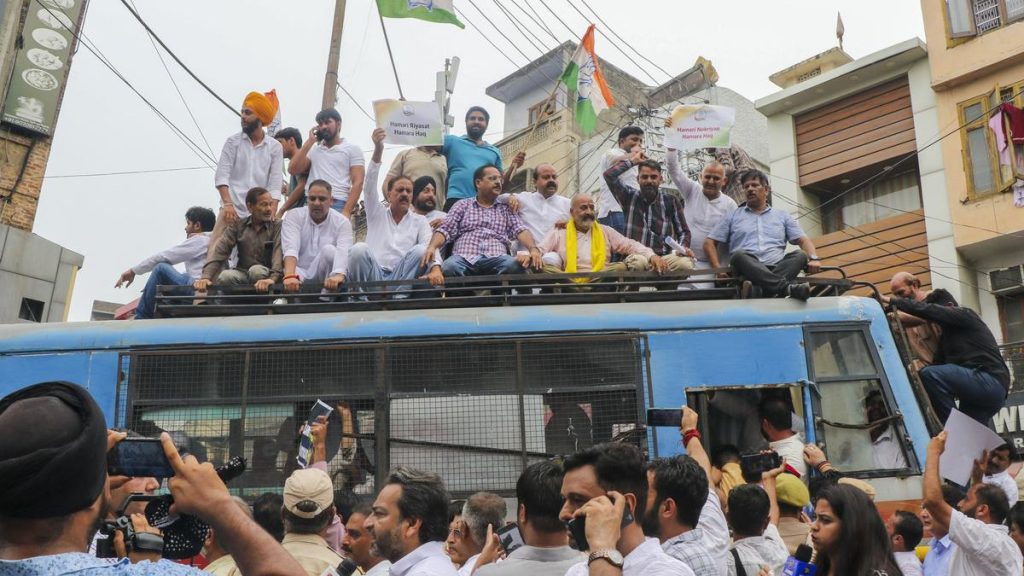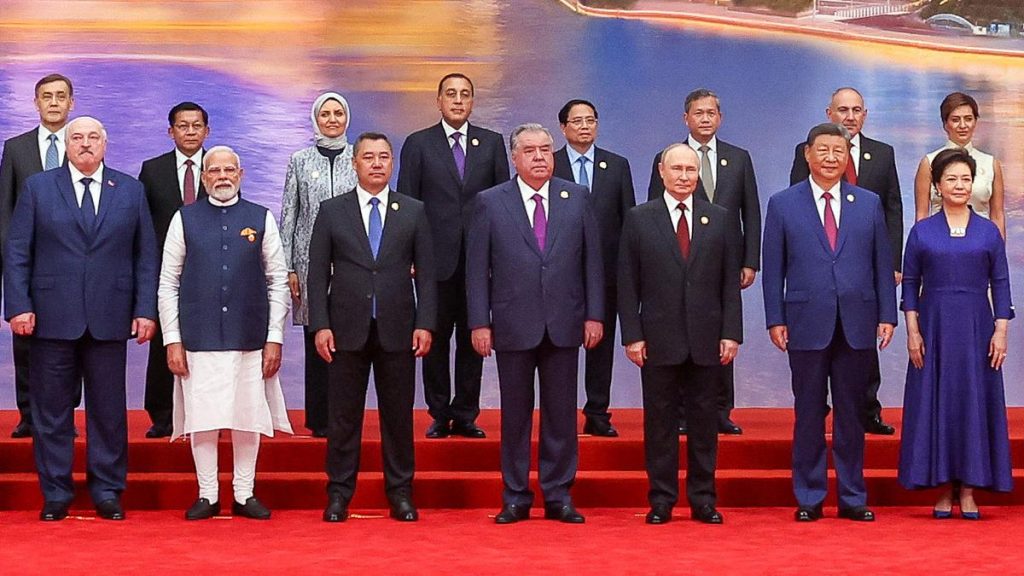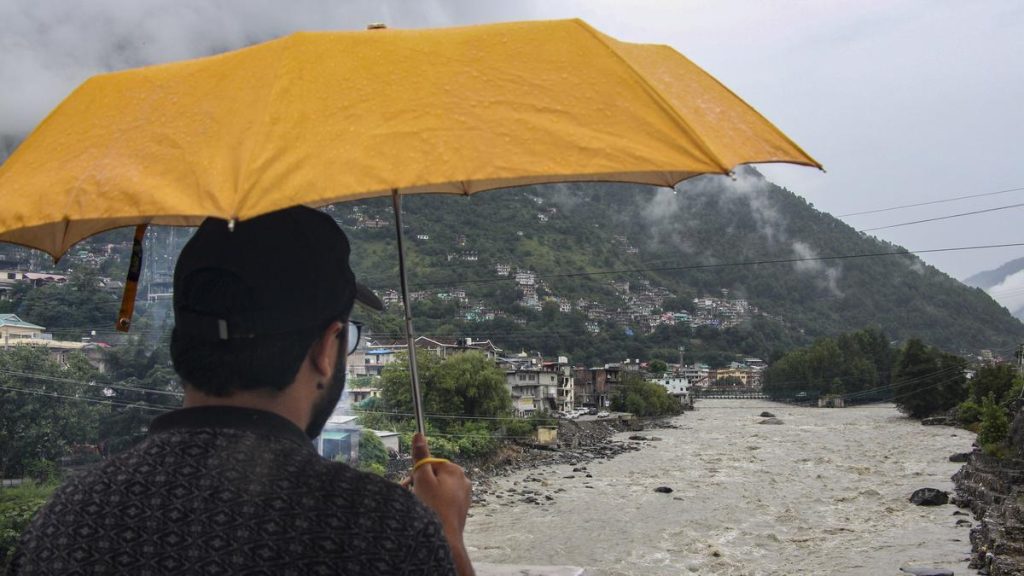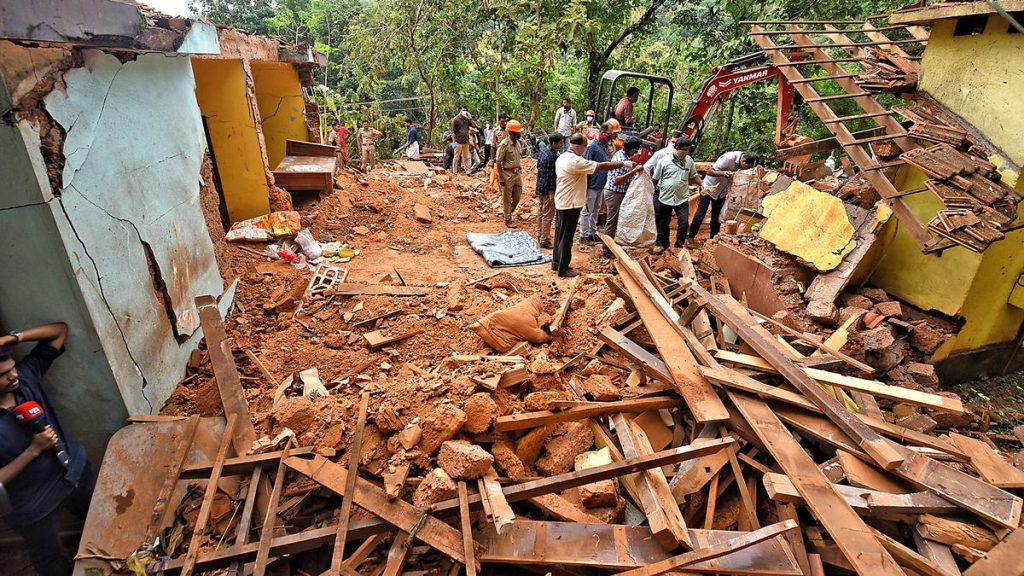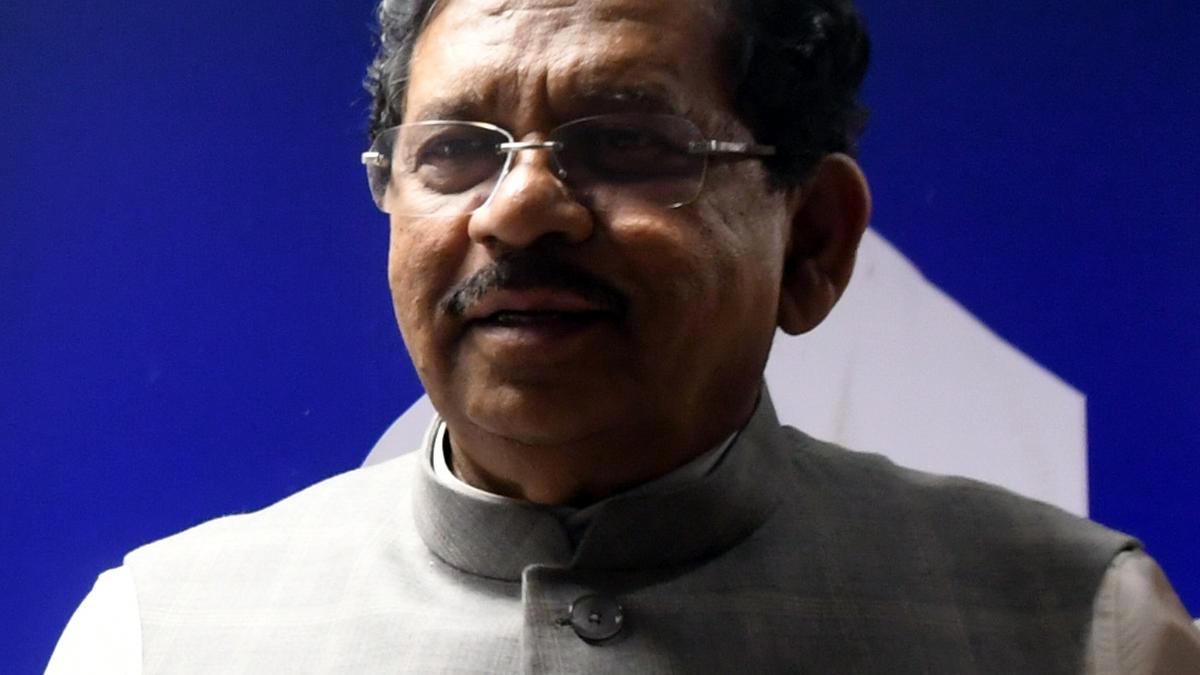Now Reading: Telangana Assembly to Review Kaleshwaram Report by PC Ghose Commission on Sunday
-
01
Telangana Assembly to Review Kaleshwaram Report by PC Ghose Commission on Sunday
Telangana Assembly to Review Kaleshwaram Report by PC Ghose Commission on Sunday
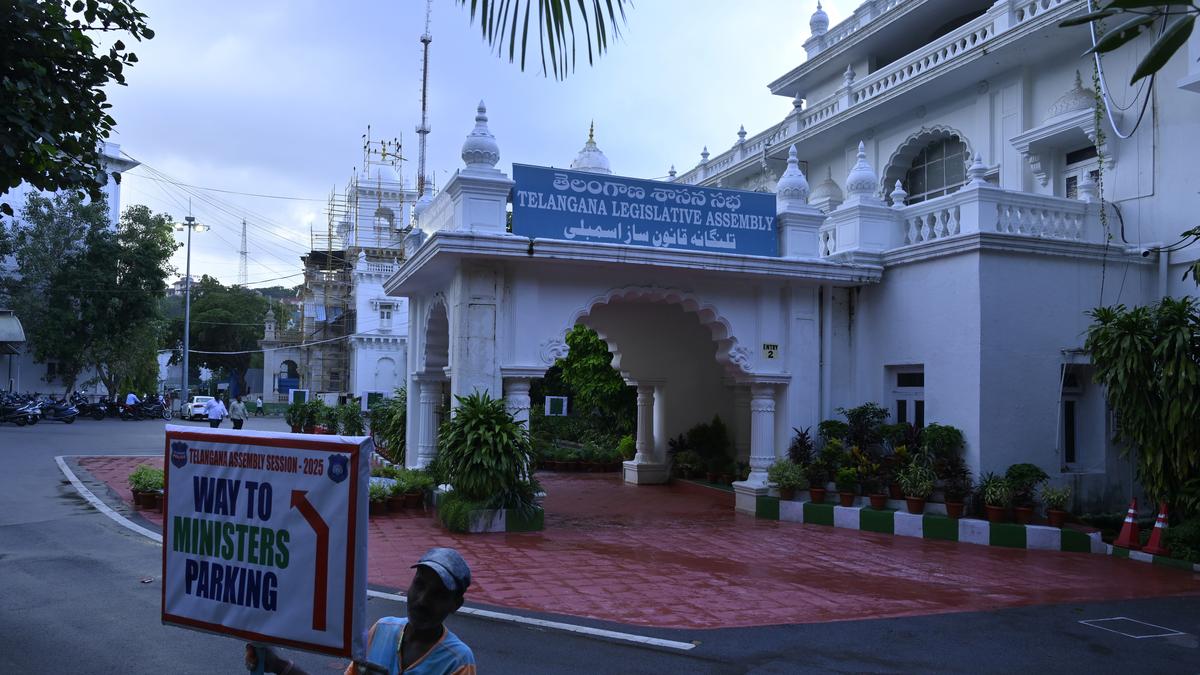
Quick Summary:
- The Telangana Assembly is set to discuss the PC Ghose commission’s report on irregularities in the Kaleshwaram Lift Irrigation Project (KLIP) on August 31.
- Chief Minister A. Revanth Reddy plans to place the report for Assembly approval.
- Legislative Affairs Minister Sridhar Babu revealed that a fresh bill aimed at removing the 50% cap on reservations, enabling a 42% quota for Backward Classes (bcs) in local body polls, will also be discussed.
- Sridhar Babu stated that the Speaker would decide whether to allow Bharat Rashtra Samithi’s (BRS) presentation defending its stance on KLIP.
- the number of business days will be finalized Sunday; sessions may reconvene for four to five days after Ganesh immersion and flood-related breaks.
- BRS MLAs protested against only two scheduled session days, demanding longer sessions and inclusion of public issues such as floods, urea shortages, toxic fever outbreaks, crop damage, student fee reimbursements, and SC/ST/BC welfare topics.
- AIMIM Floor leader Akbaruddin Owaisi requested Speaker to extend the session duration for broader discussions including law enforcement and welfare schemes.
Indian Opinion Analysis:
The upcoming Telangana Assembly discussions reflect an intersection of governance priorities wiht allegations against KLIP irregularities. While addressing these claims is crucial from an accountability standpoint, limiting debate time could undermine robust scrutiny. Political tensions between Congress-led government and opposition parties like BRS highlight broader disputes rooted in clarity over public policies affecting marginalized communities. Additionally, extending reservations through legislation signifies potentially notable changes but warrants detailed engagement given its implications across electoral frameworks.
Both opposition demands-longer session durations and thorough issue inclusion-signal rising discontent over disaster response measures post-floods alongside systemic challenges like urea accessibility and minority education support. These developments underline dual imperatives: ensuring electoral reforms align with transparency goals while assuring immediate responsiveness towards citizens’ pressing concerns.
Read More: Link to source


